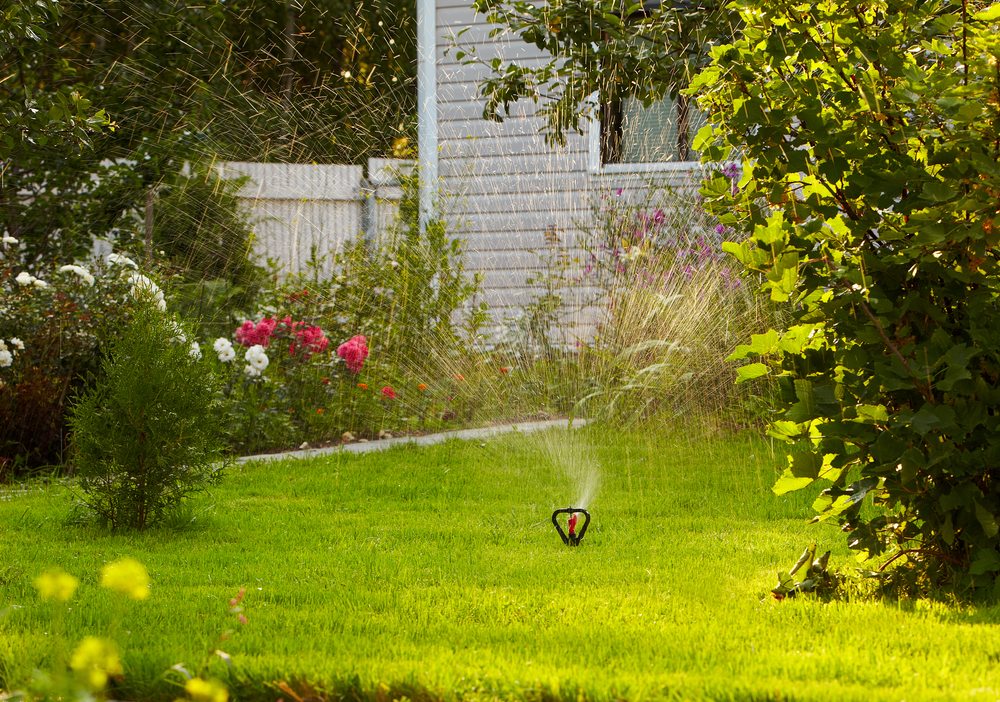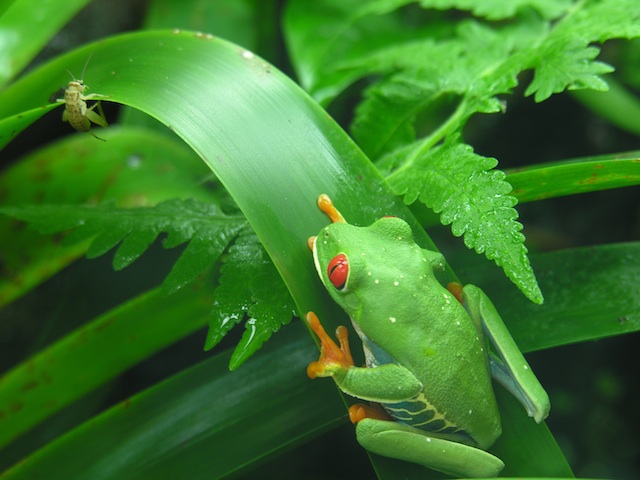The Benefits of Frogs in Your Garden
Frogs and toads, just like so many other animal species, are suffering a decline in numbers. This is due to environmental problems, climate change and human factors and show that the changes we are seeing in the environment are signs that something is wrong.
What many people should realize is that frogs need to be viewed as an important part of the ecosystem.
Frogs and toads are not only very beautiful and diverse (Frogs per Wikipedia – approximately 4,800 species); they can also prove to be very beneficial for your garden.
- Every ecosystem is comprised of multiple species that create a chain. It is what keeps the balance in nature and what maintains life as we know it. As such, frogs and toads have their place under the sun and should be protected. This is the reason why you will do very well to ensure that frogs can find shelter in your garden. If you provide the right conditions and features for these amphibian creatures, they should appear.
- Frogs are good bioindicators. There is a lot that you can learn from the frogs in your garden. Frogs can show you that something is wrong in the area, or if they are happily breeding and living in the area, then everything should be okay. If you are dedicated and want to have a perfect garden, you can use the indications from frogs to know if the conditions in your garden are good, or if the frogs that used to dwell there suddenly go missing, you will know there is a disturbance.
- Pest control – frogs are amazing at cleaning the garden from harmful insects. If you are having such problems, you can easily eliminate them by introducing frogs among your plants. A single frog can eat over 100 insects, such as caterpillars, sow bugs and cutworms and more. These can destroy your entire garden if left unchecked. With frogs around, you won’t need to use harmful pesticides, either.
Toads and frogs can be one of the best solutions for your garden. Not only will you have a garden safe of bugs and insects, but you will also have very pleasant amphibians hopping around.
Guest post by Ella Andrews granted on behalf of: an excellent cleaning in Ruislip.




